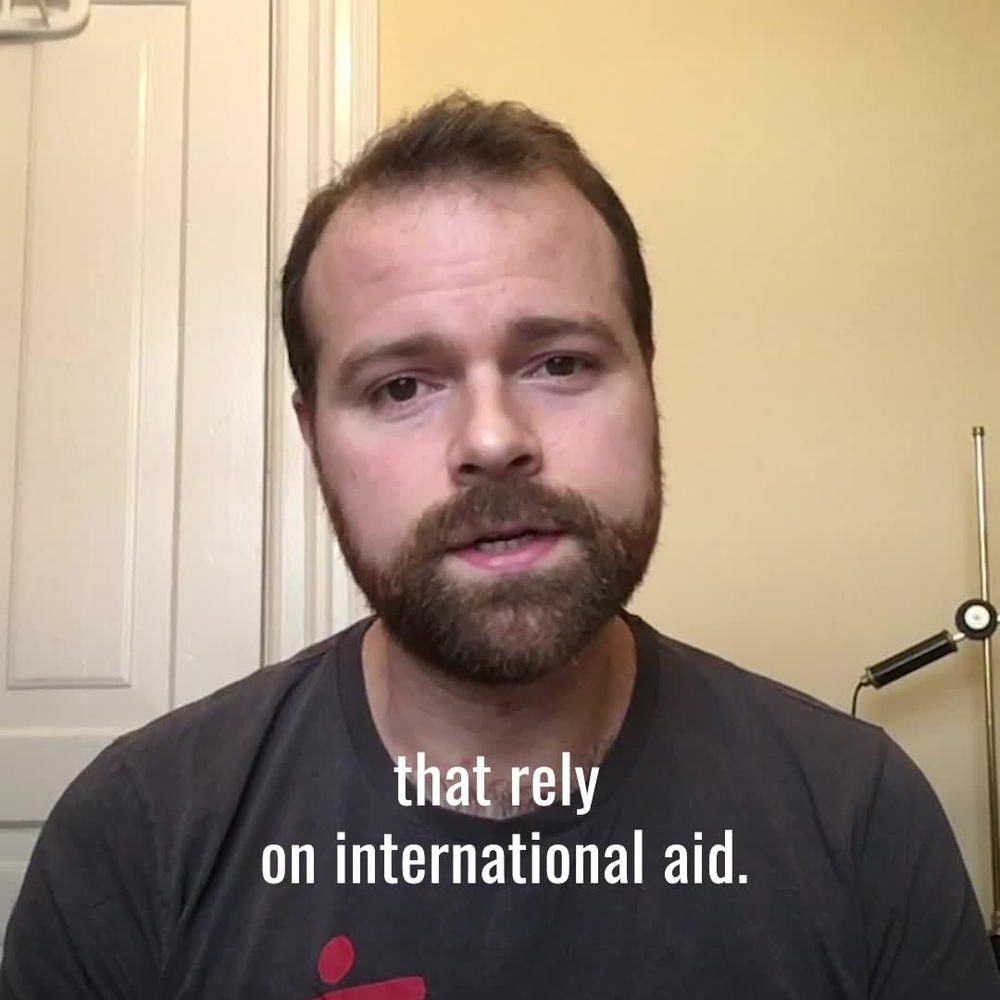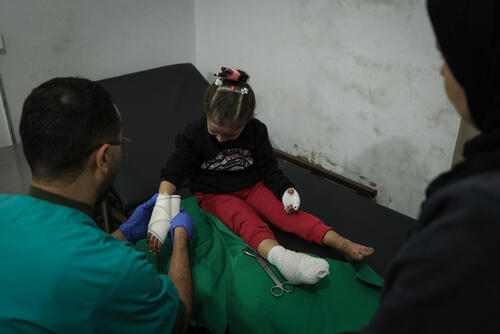On January 28, US President Biden rescinded the Mexico City policy, more commonly known as the Global Gag Rule. The policy prevents United States government funds from going to any foreign nongovernmental organisations (NGOs) that provide abortion-related information, referrals, or services, even with privately raised or non-US funds. It acts as a “gag” on health care providers worldwide, prohibiting them from even counselling women about their reproductive choices or referring them to other health providers for care.
The Trump administration took the policy much further than previous administrations, expanding the restrictions to apply to all US government funded global health assistance, not only to NGOs involved in family planning. This affected frontline health workers providing a range of services beyond sexual and reproductive healthcare, including vital nutrition programmes, lifesaving malaria treatment, and critical tuberculosis and HIV care.

MSF Medical Staff Speak Out on the End of the Global Gag Rule
Quote from Dr Manisha Kumar, head of MSF’s task force on safe abortion care
“While we are relieved to see a halt to this dangerous policy, there is much more work to do to mitigate the damage we have witnessed. Rescinding the Global Gag Rule is just a first step. Millions of women still don’t have access to safe abortion care because of restrictive laws, cost, stigma, a lack of trained providers, or other unnecessary barriers, such as mandatory waiting periods or misleading information.
The Global Gag Rule does not reduce the number of abortions that take place. Restricting access to abortion only pushes women to resort to unsafe abortion methods.
MSF does not accept US government funding, so our programmes are not directly affected by the Global Gag Rule. However, we see the harmful impacts these types of policies have on limiting women's access to essential health care. In 2019, MSF treated more than 25,800 women and girls with abortion-related complications, many of which resulted from unsafe attempts to end a pregnancy.
We hope the US government will start using its wealth and power to actually expand, rather than restrict, access to sexual and reproductive health services.Dr Manisha Kumar, MSF task force on safe abortion care
We’ve seen women who have used pens, broken glass, or sticks to try to induce an abortion. We’ve seen women who drank chlorine or poisons. We have treated women who received medicines from private pharmacies but weren’t given the correct pills, or the right information or appropriate support they needed. These are examples of what women will turn to when they don't have access to safe abortion care.
We can only guess how many women lost their lives over the last several years because access to this essential health care was cut off. And we know that policies such as the Global Gag Rule disproportionately affect black women and women of colour.
We hope the US government will start using its wealth and power to actually expand, rather than restrict, access to sexual and reproductive health services. Comprehensive sexual and reproductive health care is not only essential to the health of individuals, but to the overall health of families and communities everywhere. We need access to safe abortion care for everyone, everywhere. Safe abortion care is essential health care.”
MSF is committed to continuing to provide safe abortion care as part of its comprehensive sexual and reproductive health care package, especially throughout the COVID-19 pandemic, during which services such contraception and safe abortion care were deprioritised—sometimes stopped altogether—in the race to respond the pandemic.






